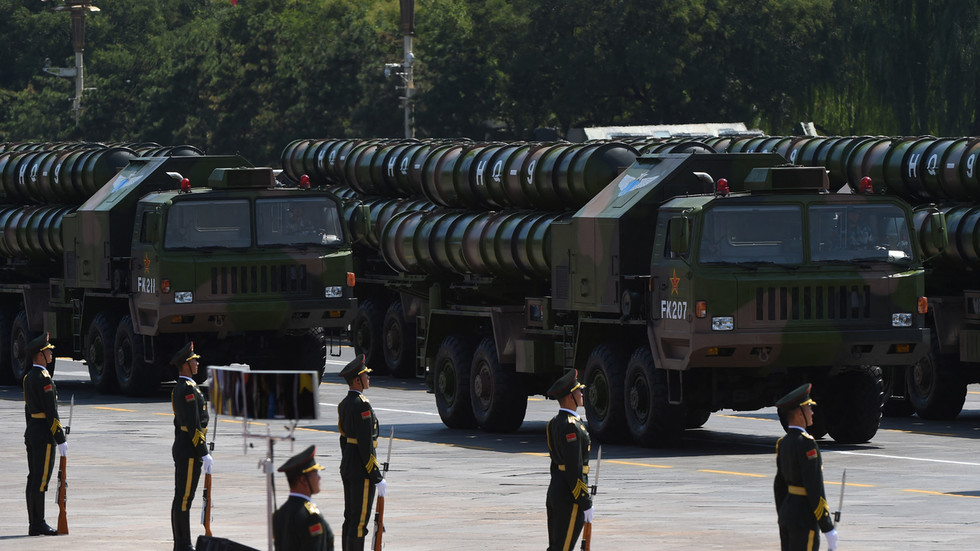The Congress has received a shot in the arm by winning the Karnataka Assembly elections with an overwhelming majority. The party had vowed not to make the same old mistakes in this election. The Gandhis kept a safe distance from “high command culture”. National and local leaders were strictly instructed not to speak unnecessarily and to keep internal party disagreements within the party.
This was not easy. Given the long-standing political rivalry between Siddaramaiah and D. K. Shivakumar, there was concern about sabotage. To deal with this, a unique approach was devised. Both leaders were spotted hugging each other during Rahul Gandhi’s Bharat Jodo Yatra. Arrangements were made to promote the notion that this was not simply a photo-op, but that the old foes had come together wholeheartedly. Rahul and Priyanka Gandhi’s election campaigns also took on new dimensions. Priyanka was occasionally seen preparing dosas, while Rahul was seen talking to women on a city bus. After Himachal, the Congress’ victory in Karnataka clearly demonstrated Priyanka’s growing political abilities and influence.
The Congress performed better in this election across the state’s regions and communities. It astonished observers by capturing more seats than its opponents in Lingayat-dominated constituencies. Even Yeddyurappa, the most powerful leader from this community, was unable to stop the Congress juggernaut. The Congress also weakened the Janata Dal (S) by eroding its Vokkaliga voter-base. The JD(S) leadership and workers would not have imagined until Saturday afternoon that even D.K. Kumarasamy’s son Nikhil would lose in Ramanageram. This demonstrates that voters cannot be viewed as a fiefdom.
The Congress contested this election on the issues of the government’s lethargic attitude and corruption. And voters, especially the poor, turned out for change.
But the real challenge for the Congress begins now. It has to provide a stable government for five years and select a chief minister who can advance the public interest agenda. Most people preferred Siddaramaiah as chief minister in all pre-poll surveys. But will D.K. Shivakumar and his supporters accept Siddaramaiah’s selection to chief ministership? It is being said that if these two factions become vehemently opposed to each other, Mallikarjun Kharge may be handed the charge. But who will then be the national president of the Congress? In the absence of a consensus, would any other leader from the state be picked as CM? Surely, the party is deliberating on this, but given the conflict in Rajasthan between Ashok Gehlot and Sachin Pilot, the problem becomes formidable. Salim Ahmed, working president of the Karnataka Pradesh Congress Committee, has fuelled the flames by declaring D.K. Shivakumar a serious contender for chief ministership. The Congress high command will have to play with fire for the next few days.
Let us return to the Bharatiya Janata Party. The BJP has lost power, but not support. It’s vote share is intact and it can still cause problems for the government. In this context a question arises: Was the Prime Minister’s campaign effective in mitigating the anti-incumbency wave? Greater Bengaluru is a good indicator. Prime Minister Modi conducted a multi-kilometre road show in this area, and the BJP won more seats than the Congress here. This undoubtedly demonstrates Modi’s magnetism, but the BJP should also learn from it.
Though Modi has widespread support, state elections are contested on local issues. Take Himachal Pradesh for instance. Modi had staked his reputation there. But the BJP lost owing to the unpopularity of chief minister Jairam Thakur, and its internal disputes. The party faced the same demons in Karnataka. It is in dire need of chief ministers and ministers who can perform. Yogi Adityanath, the chief minister of Uttar Pradesh, ranks among effective CMs for the BJP. Results of the municipal elections and assembly by-elections in Uttar Pradesh were declared along with the Karnataka election results, and the BJP and its allies have emerged clear winners there. The saffron party captured all 17 mayoral seats and the majority of municipalities.
Now the question is: Will the Karnataka poll have a significant impact on the Lok Sabha elections in 2024? From the 1990s, the state has shown different preferences for the Vidhan Sabha and the Lok Sabha. But one thing is certain: This triumph has given the Congress leverage in bargaining with other Opposition allies. Those interested in politics will undoubtedly find the coming days engrossing.
Shashi Shekhar is editor-in-chief, Hindustan. Views are personal.
Download The Mint News App to get Daily Market Updates.
More
Less















